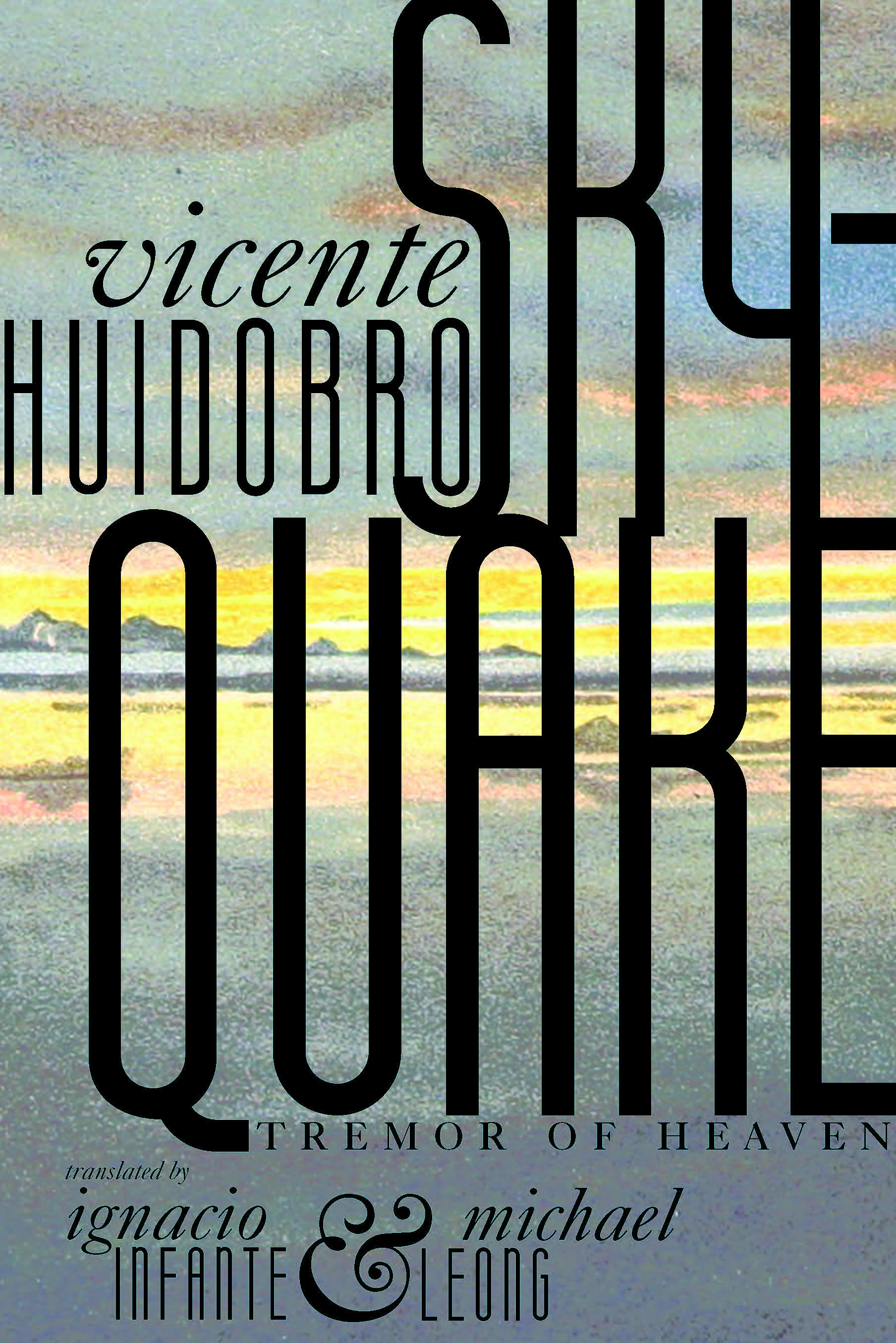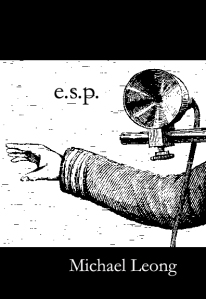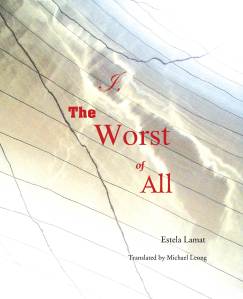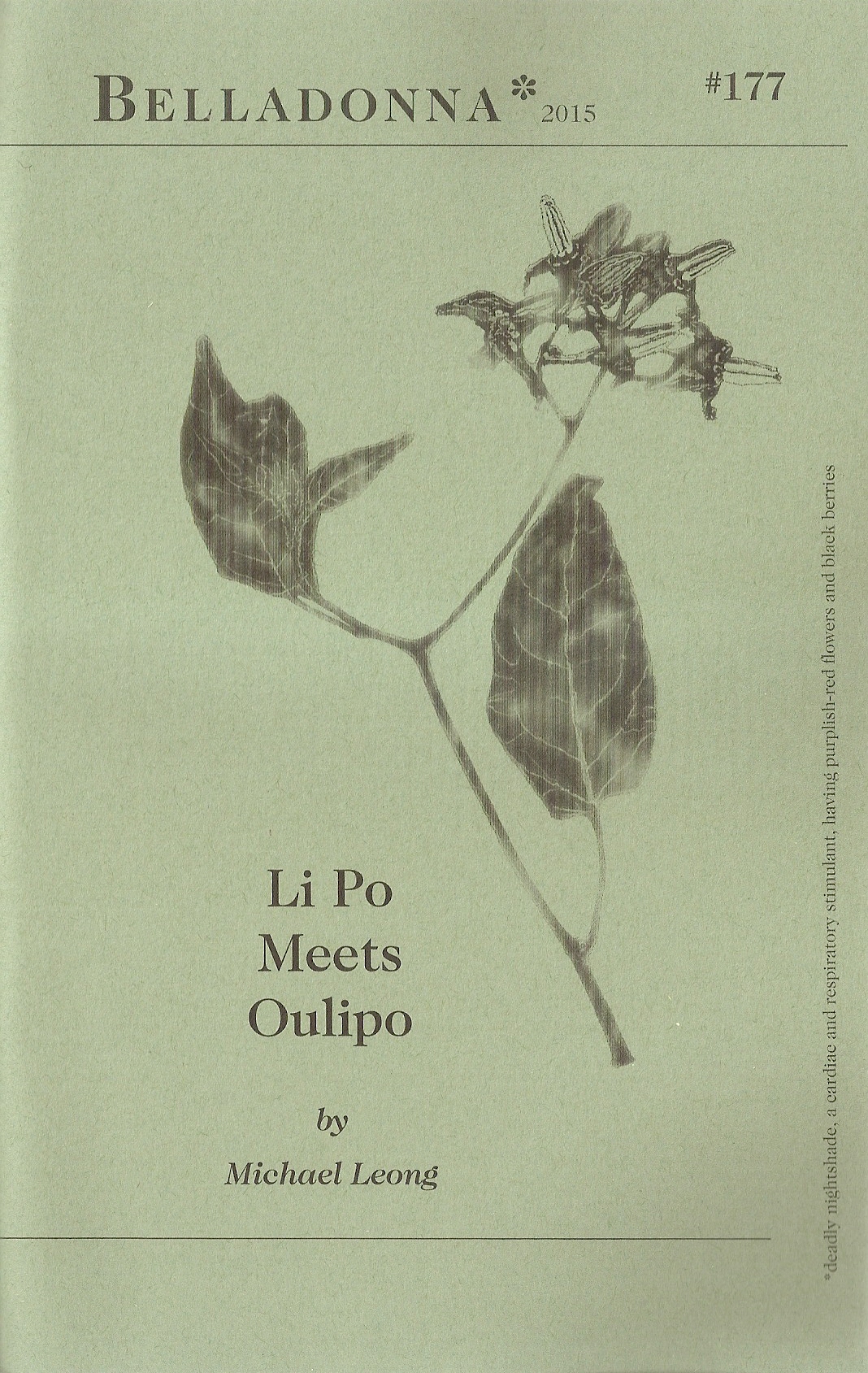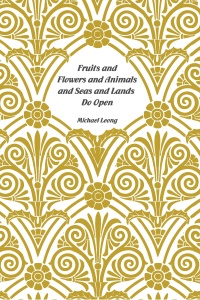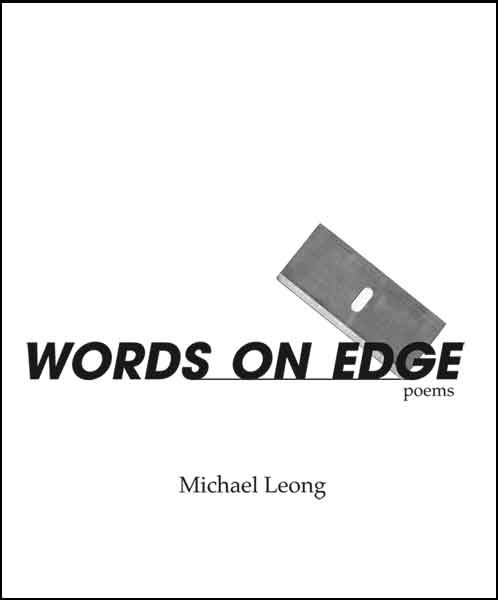John Yau on e.s.p.
I was touched today to find John Yau’s supportive review of e.s.p. in this month’s The Brooklyn Rail. Many thanks to John for his always engaging attentiveness!
e.s.p.
Michael Leong
Silenced Press, 2009Call it synchronicity or, if you wish, the chance meeting of a potato and a stick of dynamite in the Infinite Seminar on Poetry. Today, in the mail, I received the latest issue of Jubilat, published by Robert Casper, with Guest Editors Cathy Park Hong and Evie Shockley, and a first book of poems, e.s.p. by Michael Leong . Just to be clear—I got Jubilat for free and I bought e.s.p.. The first thing I read was an essay “‘It Must Change’: Wallace Stevens and the Digressive Ars Poetica” by Srikanth Reddy, in Jubilat. Although I didn’t know it at the time, Reddy’s essay seems to me to be the perfect introduction to Leong’s e.s.p. because a number of observations he makes about Stevens also illuminate Leong’s project: “Perhaps no writer since Ovid has so obsessively documented the metamorphoses of our fluent mundo as Stevens.” The documenting of change, and its inevitability, is central to Leong’s poetry.
The first poem begins: “Suppose I wrote it in chalk.” Consisting of an untitled list of italicized speculations about language and its communicative power, Leong begins each line with “Suppose…” “Suppose I sent it telepathically” or, later on, “Suppose I had telekinesis and could drag the point of / that pencil over that sheet of paper to make a series / of marks which you could then interpret as signs.” With generous amount of humor inflected by a self-mocking tone, Leong points to possible worlds, but he knows he can’t get us there.
Writing about Stevens, Reddy astutely points out that “[a] poetics of change, then, serves no particular political ethos exclusively,” and goes on to say “the digressive ars poetica declines to propound any particular form or agenda for art.” He could just as easily be describing Leong’s poems, which meditate on poetry with a zinging humor, as well as repeatedly subvert conventional meaning through puns and word play: “I will ask you politely about proper conjugation.” Open to Surrealism’s penchant for lists, sensitive to the absurdities both prevalent and almost hidden from sight, as well as being attuned to the kind of outrageousness that can only be achieved in language, Leong channels call and response boasting and mixes it with a dark humor:
“I’ll break your abacus but I’ll repair your sextant
I’ll clean your whisper dish and always respect
The orientation of your compass”The fact that Leong is Asian American adds a refreshing dose of edginess to “abacus” and “orientation” that never devolves into essentialism. Like Reddy, he recognizes that assimilation and essentialism—whether defined by the experimentalists or by what Ron Silliman calls the “quietists” —are ideologically riddled, aesthetic traps to be negotiated and subverted. A poet and translator —check out I, the Worst of All (blazeVOX, 2009), his translation of the Chilean poet, Estela Lamat — Leong goes his own way: Open to trying out all kinds of modes and methods, he is beholden to no one.
—John Yau



